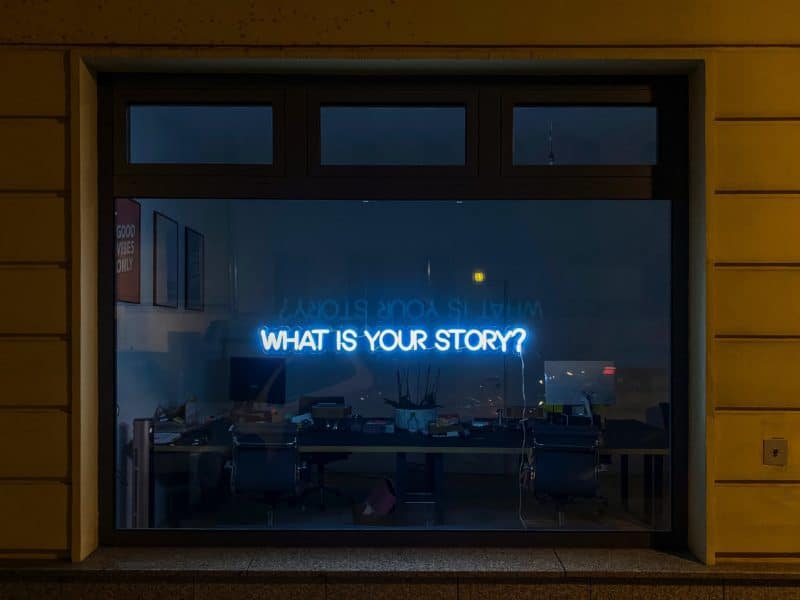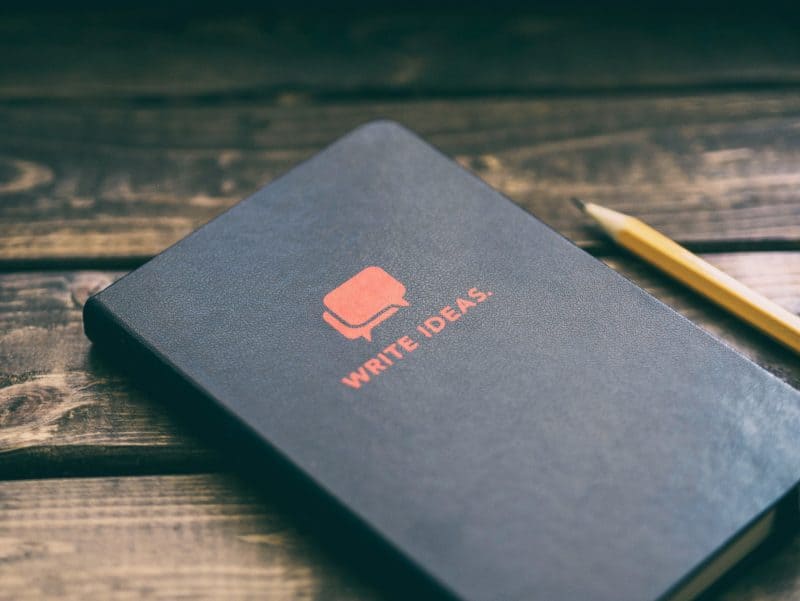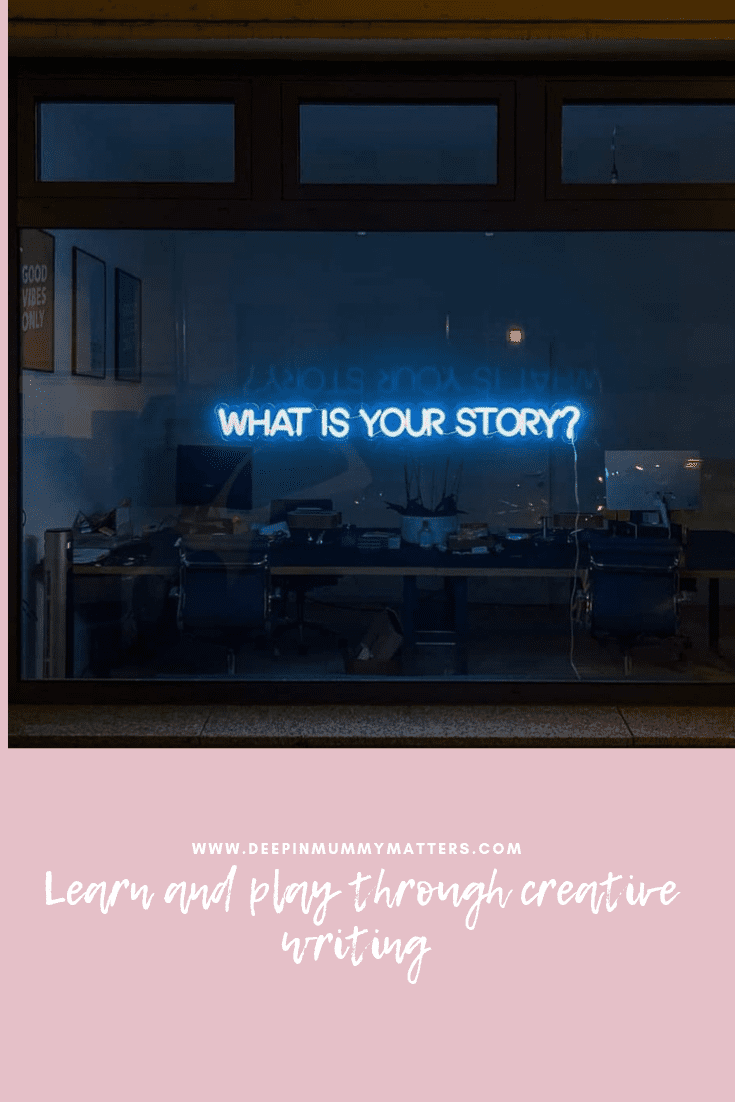Creative writing is an umbrella term for works across various genres comprising the author’s ability to use language to create a compelling piece of prose or poetry with well-defined characters, settings, and plots.
Character development, narration, and storyline are all crucial elements in creative writing, which blends its style with creativity and tale. It often refers to any written work that does not fall within formal categories such as journalism, editorials, or biography.
Creative Writing

There are basically five forms of creative writing.
Fiction
It entails a vast range of themes, styles, and details created by authors to construct scenarios that feel like real life.
Creative non-fiction
This discipline uses a variety of innovative approaches and literary styles like writing informative essay and expressing nonfictional, true stories.
Screenwriting
To tell a tale, screenwriting knits a storyline into its frames of event and conversation text, trying to set up entire scenes and frequently adhering to a three-act framework.
Playwriting
It refers to a type of creative writing intended to be played on stage in real time.
Poetry writing
Musically melodic writing expresses thoughts that can be spoken or penned.
It can be short or include several verses and is not allowed to have a complicated or repeating rhyming system.
Writing Tips

If you want to hone your writing skills and get your creative juices flowing, read the following writing tips:
Read a lot
When you don’t have any precedents to draw from, it’s more challenging to master creative writing.
Prolific authors throughout history have written outstanding illustrations of well-written creative work that any aspiring creative writer should read.
Study well-known works by great writers in a wide range of genres to get a sense of your potential interests.
Practice regular writing
Don’t dismiss the strange thoughts that come to mind. Even dumb ideas can lead to excellent ones because you never know what can spark an even better idea later.
Maintain a notebook to scribble down or record any content that comes to mind—it might come in helpful in an unpredictable way.
Employ literary technique
Literary techniques aid in creating dynamic and creative settings, which are essential elements of successful writing. Analogies, similes, and other idiomatic expressions conjure up compelling ideas that can inspire creativity and paint stunning visuals. In addition, wordplay, syllable, and harmonic progression can help your words sound and flow better.
Understand your target audience
Is this narrative only for your creative writing classmates? Or are you a fresh adult author attempting to break into the academic market?
Knowing your readership can help you limit the tone and breadth of your writing in a way that appeals to your target crowd.
Enrol in writing workshops
Writing workshops introduce you to a forum of authors who can help you with your creative writing process by providing comments and insightful comments on various aspects of your writing, such as the story, key characters, scenery, and choice of words.
Writing groups can provide helpful advice or inspiration whether you’re writing your first book or are an experienced writer suffering from writer’s block.


